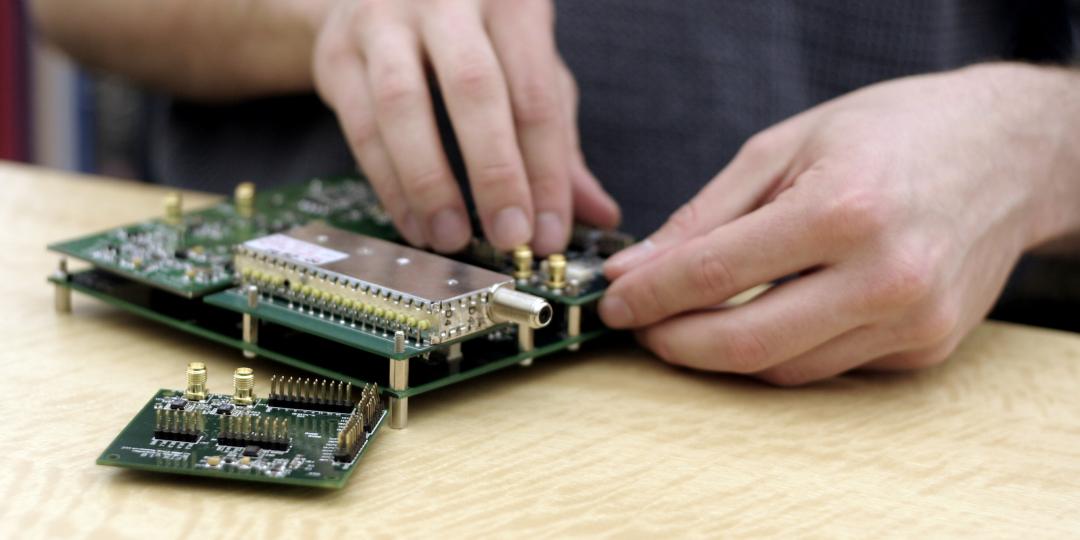GNU Radio, a free and open-source software development toolkit that provides signal processing blocks to implement software radios, has embarked on a project to make the software more accessible to everyone, regardless of which operating system they use and how much experience they have with wireless communications and digital signal processing.
GNU Radio is a free and open-source software development toolkit that provides signal processing blocks to implement software radios. It can be used with readily-available low-cost external RF hardware to create software-defined radios, or without hardware in a simulation-like environment. It is widely used in research, industry, academia, government, and hobbyist environments to support both wireless communications research and real-world radio systems.
GNU Radio developers have identified several improvements that will make the software more accessible and easier to maintain.
These improvements include:
• Easier installation of GNU Radio on Windows and MacOS computers,
• Easier installation of out-of-tree modules (OOTs),
• Better documentation to make GNU Radio easier to use, and
• Usability features for GNU Radio Companion (GRC).
The improvements were chosen because, while they were under development already, progress on them has been hindered by lack of specialised expertise. This grant from ARDC will allow GNU Radio to hire developers with the expertise needed to push these developments forward. For example, hiring a usability expert will give GNU Radio Companion, the project’s graphical user interface (GUI), a much-improved user experience.
For each improvement project, one or more mentors (who will be volunteers from the GNU Radio leadership or core developers) will guide the work. These mentors will help the contractors stay aligned to project goals and offer feedback at periodic intervals.
GNU Radio is a free and open-source software development toolkit that provides signal processing blocks to implement software radios. It can be used with readily-available low-cost external RF hardware to create software-defined radios, or without hardware in a simulation-like environment. It is widely used in research, industry, academia, government, and hobbyist environments to support both wireless communications research and real-world radio systems. To learn more about GNU Radio, please visit https://www.gnuradio.org/.
About ARDC
Amateur Radio Digital Communications (ARDC) is a California-based foundation with roots in amateur radio and the technology of internet communication. The organisation got its start by managing the AMPRNet address space, which is reserved for licensed amateur radio operators worldwide. Additionally, ARDC makes grants to projects and organisations that follow amateur radio’s practice and tradition of technical experimentation in both amateur radio and digital communication science. Such experimentation has led to advances that benefit the general public, including the mobile phone and wireless internet technology. ARDC envisions a world where all such technology is available through open-source hardware and software, and where anyone has the ability to innovate upon it. To learn more about ARDC, please visit https://www.ampr.org.














